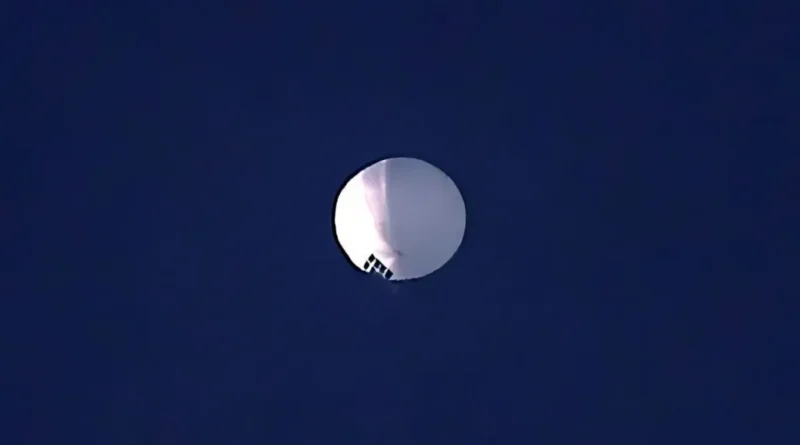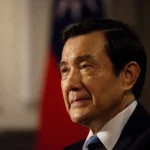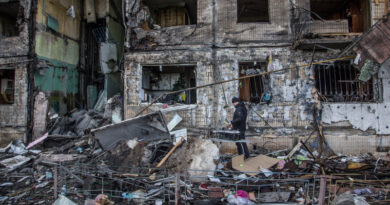Inflating the threat balloon
XULIO RIOS
Will it be a spy balloon or not? Maybe with time it will be known. China says it entered US airspace accidentally and due to force majeure, which is for civil and scientific purposes. The Pentagon acknowledged that it did not pose a significant risk in terms of intelligence, but denied the major one.
Referring to the spies, Sun Zi says in "The Art of War" that the greatest treasure of this stratagem lies in the fact that the enemy kingdom is not aware of these activities, which, in this case, is obviously not true. in a way I would say that even embarrassing. The Chinese have insisted that he was not a spy and that they obviously have more sophisticated means for these missions. Be that as it may, the shooting down of the balloon paves the way for an equal response on your part to a similar assumption.
Few will remember the 2001 incident when China detected an American spy plane and forced it to land on the island of Hainan. A Chinese pilot died in the incident. The American crew was arrested and the spy plane was taken apart piece by piece. Everything returned to normal after what is known as the "letter of the two apologies" that the US ambassador in Beijing had to deliver to the then Foreign Minister, Tang Jiaxuan.
Circumstances are different now and the severity is much less. Above all, the context is what really matters. There are those in Washington who earn more from this incident than from holding Secretary of State Antony Blinken's planned visit to Beijing. Since Joe Biden and Xi Jinping gave the go-ahead for the diplomatic summit in China that was to take place last weekend in Bali in November, expectations of a moderately satisfactory balance sheet have been lowered day by day. And although the visit has only been suspended, it is not clear that it will take place soon. And not so much because of how tangled bilateral relations are in general at the moment, but because of the new crisis that is looming with the probable visit in a few weeks of Nancy Pelosi's successor in the presidency of the House of Representatives, Kevin McCarthy, to the island of Taiwan. If it happens, it could be delayed for months or even not be held until the previous APEC summit, to be held in November of this year in San Francisco.
China has given signs that it wants to calm things down. The balloon should not be there. They knew it could be easily detected. It is throwing stones against her own roof. The incident reinforces the opposite trend, a narrative that emphasizes China's threatening condition, an extreme that many still doubt, even while acknowledging that it resists emulating the Western project in all its extremes. But the affair will encourage the discourse of those in the US who are betting on one turn of the screw after another against China to avoid being outclassed. And at whatever price. Although for this it is necessary to split the world economy in two, as they are already doing with the argument precisely of security and "affinity of values" against a China that leads an "authoritarian retreat" against the famous international order based on (our ) rules.
The balloon over US airspace compromises China if their explanations don't match. The United States hopes to prove that he is lying. Although everyone knows that the US is the great champion of espionage, all of this furthers this view of the threat and should give more cause for concern about Chinese military might and hypothetical claims etc., thus justifying the ambitious US military program and NATO in the Indo-Pacific.
This pretext for continuing to put together a security architecture to contain China in the world would also justify the ongoing technological war, which points to a calculated plan of industrial disconnection from China to which the US is trying to add allies, even using open pressure. such as those recently applied to countries such as the Netherlands or Japan. The balloon incident will serve to raise -and never better said- this bet.
Therefore, what is not a balloon in a metaphorical sense is the will, with more or less foundation, to incite confrontation, with the military dimension gaining more and more relevance, as it would become evident in the hardening of security associations. around China and the pressures on the respective capitals to opt for one or the other. There is US access to four new military bases in the Philippines “to respond more quickly to humanitarian disasters and climatic catastrophes”… The predictable tightening of the situation in the Taiwan Strait in the coming months will also serve this purpose, scaring with the increasing probability of conflict.













